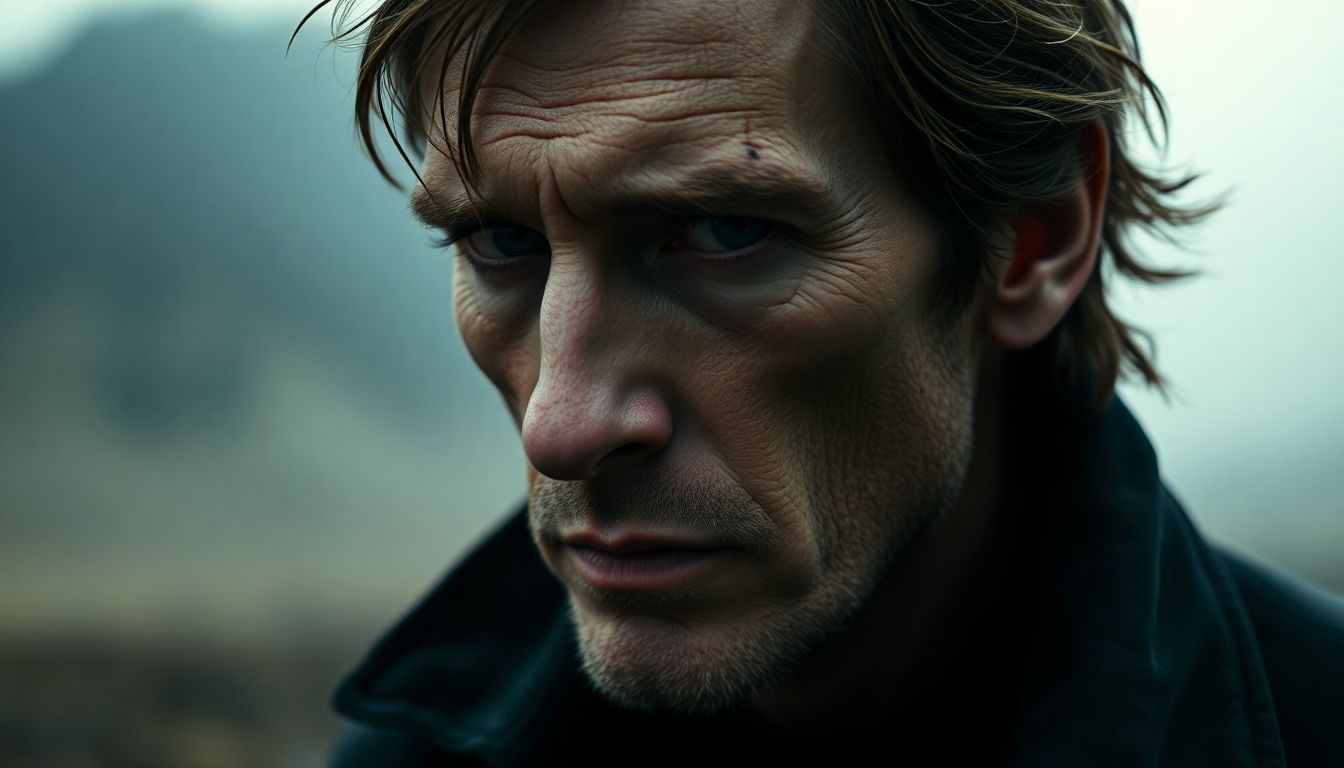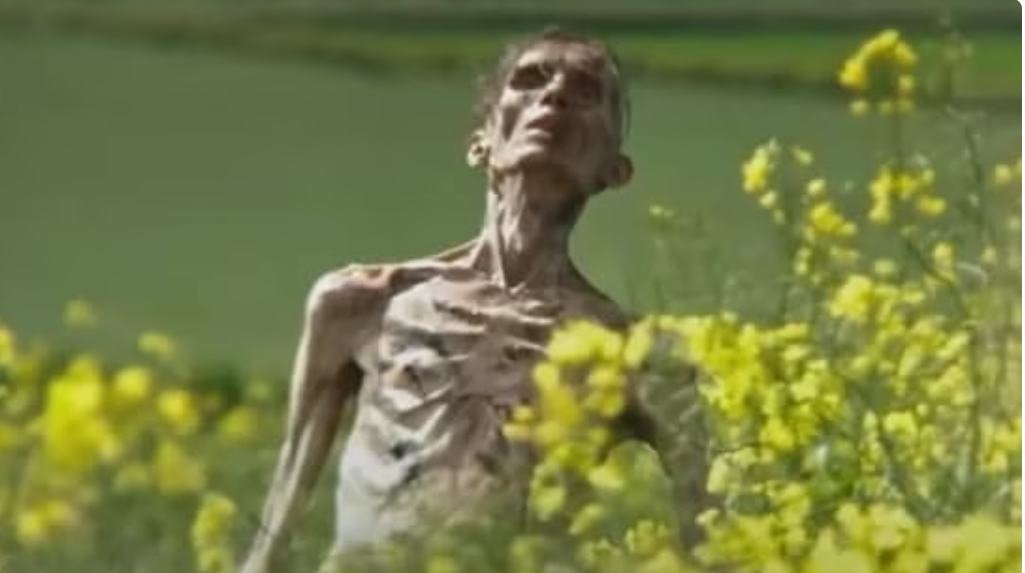
Cillian Murphy’s Shocking Transformation in 28 Days Later: A Deep Dive
Cillian Murphy’s transformation for “28 Days Later” surprised audiences and critics alike. The depth of his physical and emotional changes added a unique layer to his character, Jim. This film showcased not just a horror story but a dramatic evolution that resonated deeply with viewers.
The Power of Transformation in Horror Cinema
The Impact of Physical Changes on Horror Performances
In horror films, visual changes often send powerful messages. They enhance the fear factor and demonstrate characters’ struggles with reality. A noticeable transformation can create a stark contrast, making a character’s journey more compelling.
Murphy’s Pre-28 Days Later Career and Physicality
Prior to “28 Days Later,” Murphy was best known for roles in films like “28 Days Later” and “The Dark Knight.” His athletic build suited various roles, but nothing compared to the drastic change he underwent for this film. Murphy was about to redefine his physicality, showcasing the extremes actors can reach.
Setting the Stage for an Unforgettable Transformation
The world of “28 Days Later” demanded a fresh take on horror. The empty streets of London and the concept of a virus outbreak required a believable transformation from Murphy, one that would engage audiences in their fears and hopes.
The 28 Days Later Transformation: Methods and Challenges
Diet and Exercise Regimen for the Role
Murphy embraced a strict diet and exercise routine to achieve his transformation. This included:
- Eating low-calorie meals focused on lean proteins and vegetables.
- Engaging in intense workouts, often involving cardio and strength training.
- Following a fitness regimen that aligned closely with the character’s physical demands.
Working with Makeup and Special Effects Artists
Makeup played a crucial role. Special effects artists designed looks that highlighted the trauma of the character:
- Creating scars and dirt to show the toll of survival.
- Using prosthetics to enhance the realism of his transformation.
This combination elevated Murphy’s physical appearance, aligning it perfectly with the film’s tone.
Mental and Physical Preparation for Intense Scenes
Murphy also focused on mental readiness. Preparing for emotionally charged scenes demanded a level of vulnerability that required deep reflection. This powerful concentration helped articulate the fear and anxiety of Jim’s character.
Analyzing Murphy’s Physical Alteration: A Case Study
Weight Loss and its Visual Impact on Screen
Murphy shed significant weight for the role. This weight loss not only altered his appearance but also created a visual representation of Jim’s struggles.
- The gaunt look captured the desperation experienced by the character.
- Each moment on screen showed the toll of the post-apocalyptic world.
Changes in Muscle Mass and Definition
Alongside weight loss, Murphy’s muscle definition evolved. He balanced losing weight while maintaining muscle, demonstrating his dedication. This balance made his portrayal more believable, reflecting the harsh realities of survival.
The Effect of the Transformation on His Performance
The transformation influenced his acting style. Reduced physical mass allowed him to convey vulnerability. Audiences connected more deeply with Jim, feeling every twist and turn he faced during the film.
The Lasting Impact of the Transformation
Critical Acclaim and Fan Reactions to the Physical Change
Murphy’s transformation received significant praise. Critics noted that it brought an authentic intensity that many found captivating. Fans expressed shock, admiration, and appreciation of his dedication.
The Role of Transformation in Building Character Believability
Physical transformation is crucial in horror films to make characters relatable. When actors commit to roles, it helps viewers suspend disbelief and invest emotionally in the narrative. Murphy’s changes established Jim as a genuine survivor.
Influence on Subsequent Horror Film Transformations
Murphy’s transformation set a new standard for actors in the horror genre. Many began to recognize the importance of physical preparation to embody characters authentically. This trend continues to shape performances in contemporary horror films.
Beyond the Physical: Emotional Transformation in 28 Days Later
Exploring the Character Arc of Jim
Jim’s journey from confusion to bravery was essential. Murphy’s emotional evolution paralleled his physical transformation, making the character more relatable and impactful.
Murphy’s Portrayal of Vulnerability and Resilience
Murphy effectively portrayed vulnerability intertwined with resilience. This emotional depth connected with audiences, allowing them to share in Jim’s struggles and growth throughout the film.
The Impact of Emotional Transformation on Audience Connection
Viewers felt connected to Jim’s fight for survival. Murphy’s ability to showcase a range of emotions made it easier for the audience to empathize with his journey, enhancing the overall impact of the film.
Lessons from Murphy’s Dedication: Tips for Actors and Fans
The Importance of Research and Preparation
Actors can learn from Murphy’s extensive preparation. Understanding a character’s background and the physical demands of the role is vital to delivering a convincing performance.
Building a Strong Foundation for Physical Transformations
A balanced approach to diet and exercise is essential. Actors aiming for transformations should focus on gradual changes that fit the character’s narrative.
Maintaining Physical and Mental Health During Intensive Projects
Mental health is as important as physical fitness. Actors need support systems and strategies to cope with the demands of intense roles, ensuring they remain grounded throughout the process.
Conclusion: A Legacy of Transformation
Cillian Murphy’s dedication to transforming for “28 Days Later” created memorable cinema. His commitment to both physical and emotional growth enriched the film, leaving a lasting impact on horror narratives.
The legacy of his transformation inspires other actors to push their limits, both physically and emotionally. As audiences, we are reminded of the power of dedication in storytelling, making Murphy’s performance a benchmark in horror film history.
Thalapathy Vijay’s Blockbuster Reign: Highest-Grossing Films Explored

